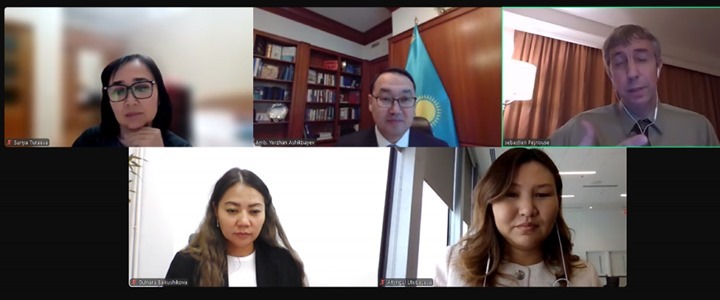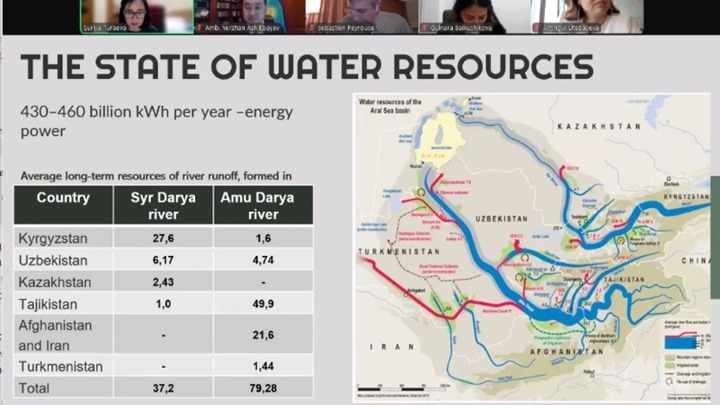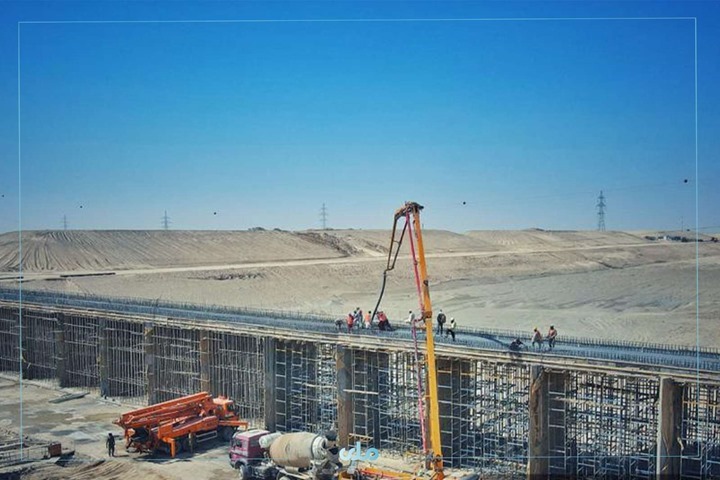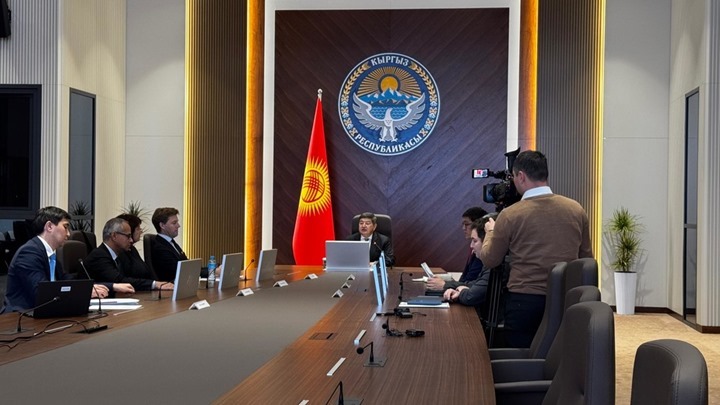Water crisis in Central Asia: prospects for regional cooperation
The issues of water security of Central Asia were discussed in Washington. As part of the initiatives of the President of Kazakhstan, announced at the “One Water Summit”, a panel discussion “Water crisis in Central Asia: Prospects for regional cooperation and management strategies” was held at George Washington University. The event was organized by the fellows of the Bolashak program in cooperation with the al-Farabi Kazakh National University.

Among the participants of the discussion were Ambassador of Kazakhstan to the USA Yerzhan Ashikbayev, Associate Professor of the University of World Economy and Diplomacy Suriya Turayeva, Head of the Department of International Relations and World Economy of KazNU Gulnara Baykushikova, Professor of the American University of Central Asia Elira Turdubayeva, Deputy Dean of the Faculty of Oriental Studies of KazNU Saltanat Dzhakubayeva, as well as American experts. The moderator was Sebastien Peyrouz, Director of the Central Asia Program at George Washington University.
In his speech, Y. Ashikbayev stressed the importance of regional cooperation for the rational and equitable use of water resources in Central Asia. He noted the key achievements of Kazakhstan in solving water problems, including the construction of the Kokaral dam with the support of the World Bank, which restored the northern part of the Aral Sea, and the attraction of 1.15 billion US dollars from the Islamic Development Bank for the modernization of water infrastructure. The Ambassador also focused on the importance of the C5+1 platform, which contributes to strengthening cooperation between the countries of the region and the United States in water resources management.

The panelists stressed that Central Asia is facing increasing pressure on water resources due to population growth, urbanization and increased agricultural and industrial consumption. According to them, climate change exacerbates the situation by reducing glacial runoff, causing weather instability and temperature rise.
It was especially noted that water in Central Asia has historically acted as both a factor of unification and a source of tension. However, the transboundary nature of hydrological systems makes joint management of water resources vital. The participants emphasized that diplomacy plays a key role in building trust and cooperation between the countries of the region, which makes it possible to turn water from a potential source of conflicts into the basis of sustainable development and stability.
DKnews.kz


